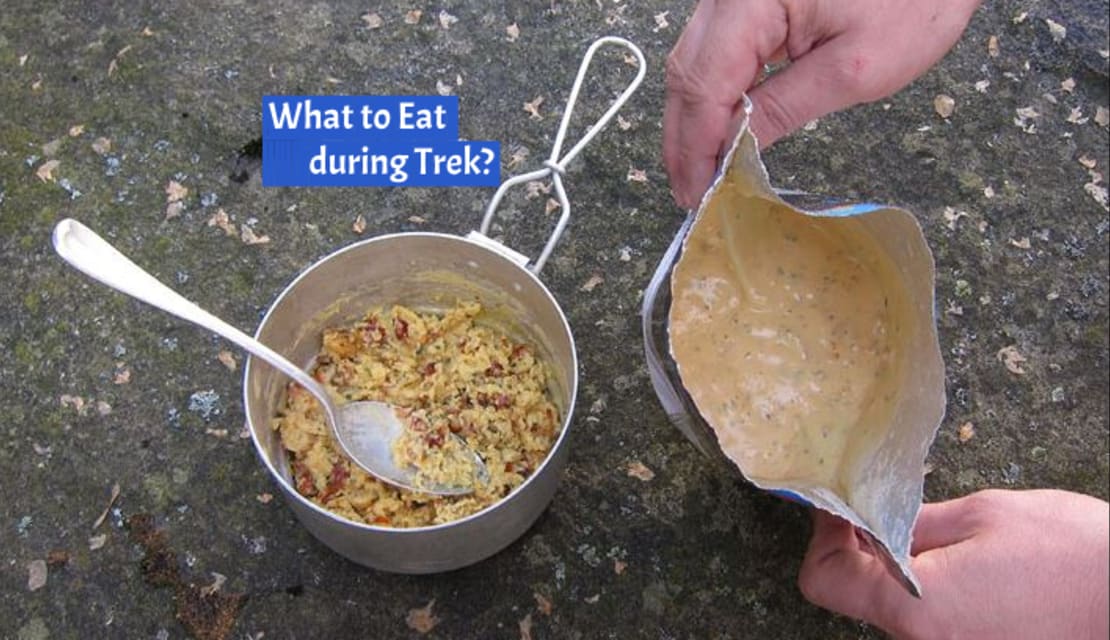The next time you plan to go hiking or camping. It is critical to take proper food nutrition care in the wilderness. In addition, when venturing outdoors for your energy booster as a “quick” energy bar or bottle of water, please observe the following.
Have a Plan First
When you are engaging in outdoor exercises, your demand for food and water increases. Bear in mind the distance traveled, the varieties of foods and drinks involved, eating and drinking tactics, carrying a cooler case, and food-focused equipment that are required.
Stay Hydrated
Always pre-hydrate by drinking at least four cups of water before going for that hike that may make you feel much lighter. Prepare for approximately 2 cups of fluid per hour, while being able to access pure drinking water as you hike.
A Great Idea for Hiking and a Day's Trip
Pack non-perishable, lightweight, and nutrient-dense foods:
Trail mix
Nut and seed trail mixes, packets of nut butters, nuts, seeds and bars.
Unprocessed fruit products such as apples, bananas or oranges for example.
Dried or dehydrated fruits/vegetables.
Energy bars, chews, or gels
Granola or granola bars
Ready-made tuna salad pouches
Whole-grain tortillas or bagels
For Camping or Multi-day Trips….
Cooler and fresh perishable food should be scheduled on the first day. For subsequent days, include easily packed basics:
Foods mentioned above
Ready-to-eat cereal
Pureed fruit or vegetable in squeezable pouches
Tinned pouches of poultry or fish or tins containing fish, poultry, and meat.
Individual packets of condiments
Whole wheat pastas, couscous, rice packs, pancake packs, powdered soup packs and dehydrated food.
Marshmallows for a campfire dessert
Powdered beverage mixes, and safe/reliable source of pure potable water.
Don't Forget Food Safety
Follow good food safety practices from packing to plating:
Carry single-use wipes, hand sanitizers, or biodegradables soap.
Bowls, plates, kettle or cooking pot, a knife, can-opener, ice packs, and trash bags.
Consider portable water filters or purification pills.
Carry along thermometers for uncooked and cooked meat.
Practice good hygiene and separate raw meats from ready-to-eat items.
Ensure correct cooking temperature, refrigerate as soon as possible wherever feasible and keep food in a cold place in a cooler filled with ice for the leftovers.




















